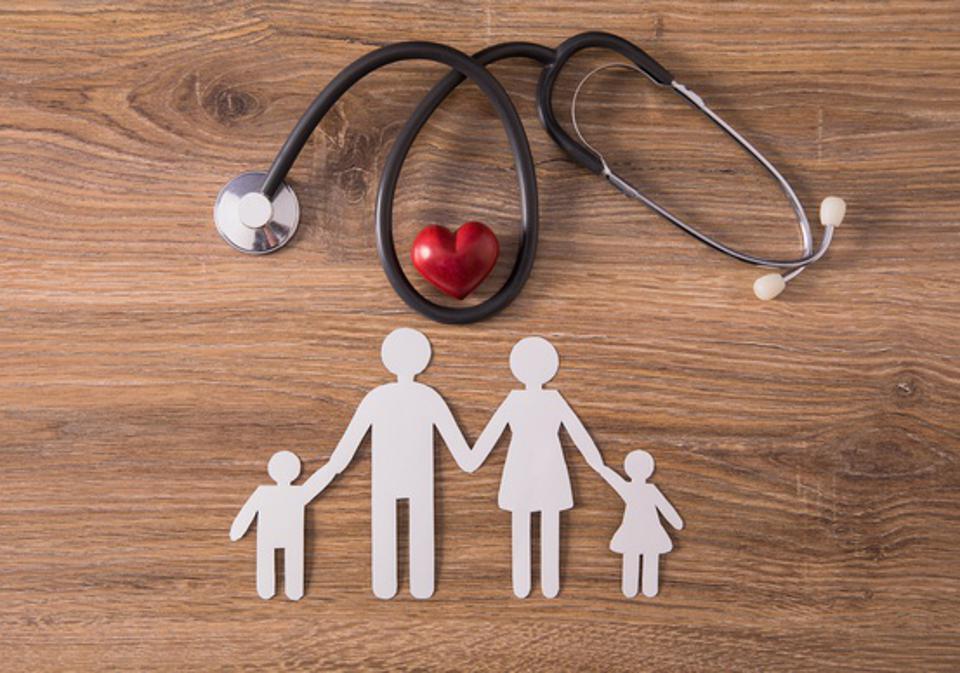There are many reasons why people ban smoking. The main one is the health effects associated with secondhand smoke, or SHS. SHS is the smoke that nonsmokers inhale from other people’s cigarettes. Studies have shown that exposure to SHS can increase the risk of heart disease, cancer, and chronic obstructive pulmonary disease. Those concerns have prompted many states to pass laws banning smoking in public places.
Some published reports can lead to policy change. After the surgeon general’s 1964 report, per capita cigarette consumption decreased worldwide. After the publication of the HHS report, every state in the US received money from tobacco lawsuits. This Master Settlement Agreement included 46 states. This ban has caused smokers to quit their cigarettes and smokeless alternatives. The smoking ban also leads to reductions in trans fat, which is highly harmful to the health of smokers.
Smoking is also harmful for pregnant women. The chemicals in cigarette smoke can cause a number of problems in the developing fetus. The mother’s womb is the source of nutrients for the fetus. If she smokes, the fetus is also exposed to the chemicals in cigarette smoke. The dangers of secondhand smoke increase with the age and weight of a woman. As a result, a smoking pregnant woman has a higher risk of miscarriage, premature birth, low birth weight, and stillbirth.
Public health is another reason why smoking has been prohibited in many public places. In addition to the risks to the unborn fetus, the chemicals in cigarette smoke can harm the developing fetus. These toxins can diffuse through a large space, causing adverse health effects for the fetus and the mother. As a result, women who smoke during pregnancy are at a higher risk for miscarriage, premature birth, low birth weight, or even stillbirth.
Other reasons to ban smoking include the health of pregnant women. While the chemicals in cigarette smoke can cause problems in the mother, pregnant women should avoid smoking. In addition to these, the fetus also receives nutrients from the mother. Therefore, women who smoke are at increased risk for miscarriage, low birth weight, or stillbirth. If a woman is pregnant, she should refrain from smoking.
Research shows that smoking bans can improve the air quality in restaurants and bars. CDC data from New York shows that a smoking ban in New York reduced RSP levels in hospitality venues where smoking was permitted prior to the law’s implementation. The smoke restriction has also improved the health of the children of pregnant women. If a woman smokes, she is increasing her risk of miscarriage and low birth weight.
In addition to the health effects of secondhand smoke, the effects of secondhand smoke on the fetus can be exacerbated by the presence of secondhand smoke in the environment. Because of the health hazards of cigarette smoke, it is important to refrain from smoking wherever possible. The increased awareness of the effects of secondhand smoke may have an effect on the behavior of smokers. While bans of this kind are not effective in reducing the risk of smoking, they may have a positive effect on the disease rate.
There are many reasons why smoking has been banned in so many public places. First, there are the health effects. Secondly, it is a serious health issue. The chemicals in cigarette smoke can cause cancer. These harmful chemicals can damage the developing fetus. The fetus needs to get enough nutrition to survive. Thus, pregnant women should not smoke in public places. Moreover, a smoker’s fetus has an increased risk of early delivery, low birth weight, or even stillbirth.
Aside from the health effects of secondhand smoke, pregnant women should also refrain from smoking. The chemicals found in cigarette smoke are harmful to the fetus and are more easily absorbed by the lungs. A pregnant woman who smokes increases her risk of miscarriage, premature birth, and low birth weight. If the fetus is exposed to secondhand smoke, she will have a baby with lower birth weight and miscarriage.







